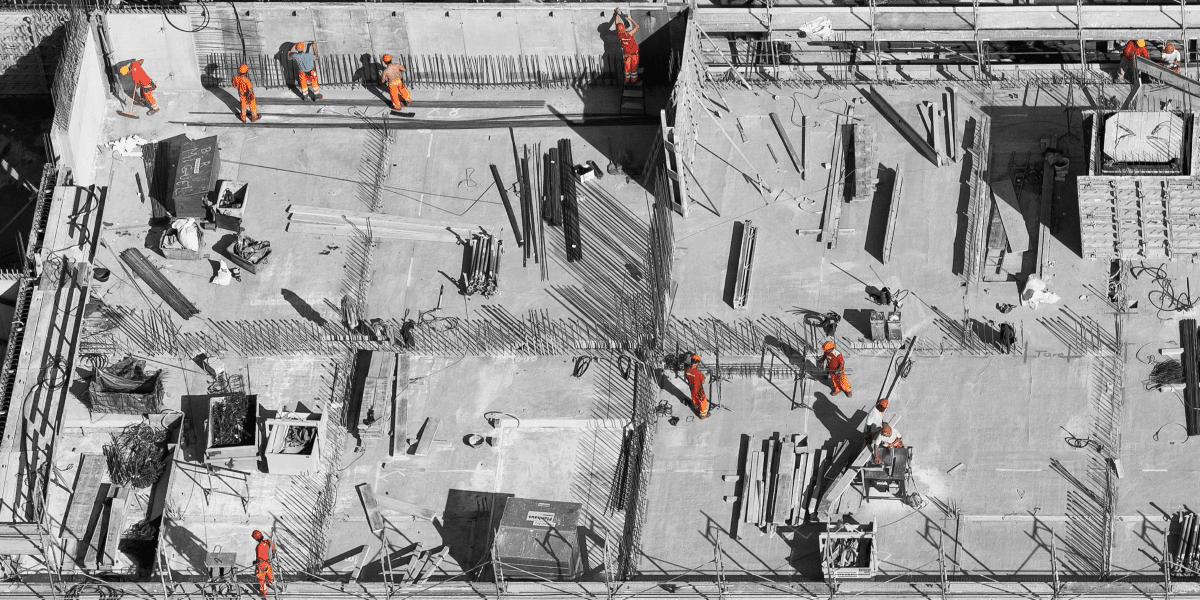By: Joshua Finley
Truck tracking systems, a cornerstone of modern logistics, harness the power of GPS technology and data analytics to transform fleet management. Integrating such systems into a fleet can significantly enhance efficiency and growth. Here’s an in-depth look at how truck tracking can improve your bottom line.
Optimized Route Management
One of the immediate benefits of truck tracking is optimized route management. GPS tracking allows fleet managers to identify the efficient routes in real-time, avoiding traffic jams, road closures, and other delays. This minimizes fuel consumption and maximizes the number of deliveries trucks can make in a day. By aiming that vehicles take the shortest and fastest routes available, companies can save on fuel costs and reduce wear and tear on their vehicles, both of which directly contribute to a healthier bottom line.
Enhanced Fuel Efficiency
Fuel costs are a significant expense in the transport sector. Truck tracking systems help reduce these costs in several ways. By providing data on driving behavior, such as speeding, harsh braking, and unnecessary idling, these systems allow fleet managers to coach drivers on more fuel-efficient driving techniques. Additionally, optimized routing reduces the distance traveled, directly lowering fuel consumption.
Improved Safety and Compliance
Safety is paramount in fleet operations. Truck tracking systems improve safety by monitoring driver behavior and vehicle performance, helping to prevent accidents and reduce the likelihood of costly lawsuits and insurance claims. Moreover, these systems ensure compliance with regulations such as hours of service, as they can automatically record driving hours. Compliance with these regulations not only avoids hefty fines but also enhances the reputation of the business, potentially leading to more contracts and higher growth.
Increased Vehicle Utilization
Truck tracking enables businesses to better monitor their assets and use them more effectively. By understanding how each vehicle is used, companies can maximize their utilization, ensuring that no vehicle is sitting idle unnecessarily or being underused. This can lead to a reduction in fleet size, lower maintenance costs, and increased overall efficiency.
Theft Prevention and Recovery
Theft of cargo and vehicles can be a major financial blow to any transportation business. Truck tracking systems provide real-time location data, making it easier to recover stolen vehicles and secure valuable cargo. The mere presence of tracking devices can act as a deterrent to theft, and the ability to quickly recover stolen items minimizes financial losses and disruptions to service.
Better Customer Service
Truck tracking systems enhance customer service by providing precise delivery times based on real-time tracking. This capability allows businesses to communicate more effectively with customers, reducing waiting times and improving customer satisfaction. Happy customers are more likely to be repeat customers and can lead to positive word-of-mouth, both of which are beneficial for business growth.
Data-Driven Decisions
The data collected by truck tracking systems is invaluable for making informed business decisions. This data can provide insights into everything from optimal delivery routes to driver performance and vehicle health. By analyzing this data, companies can identify inefficiencies, adjust their operations accordingly, and find new opportunities for cost savings and productivity enhancements.
In conclusion, the integration of truck tracking systems into fleet management is a powerful tool for enhancing operational efficiency, improving safety, and boosting customer satisfaction.
Published by: Nelly Chavez












